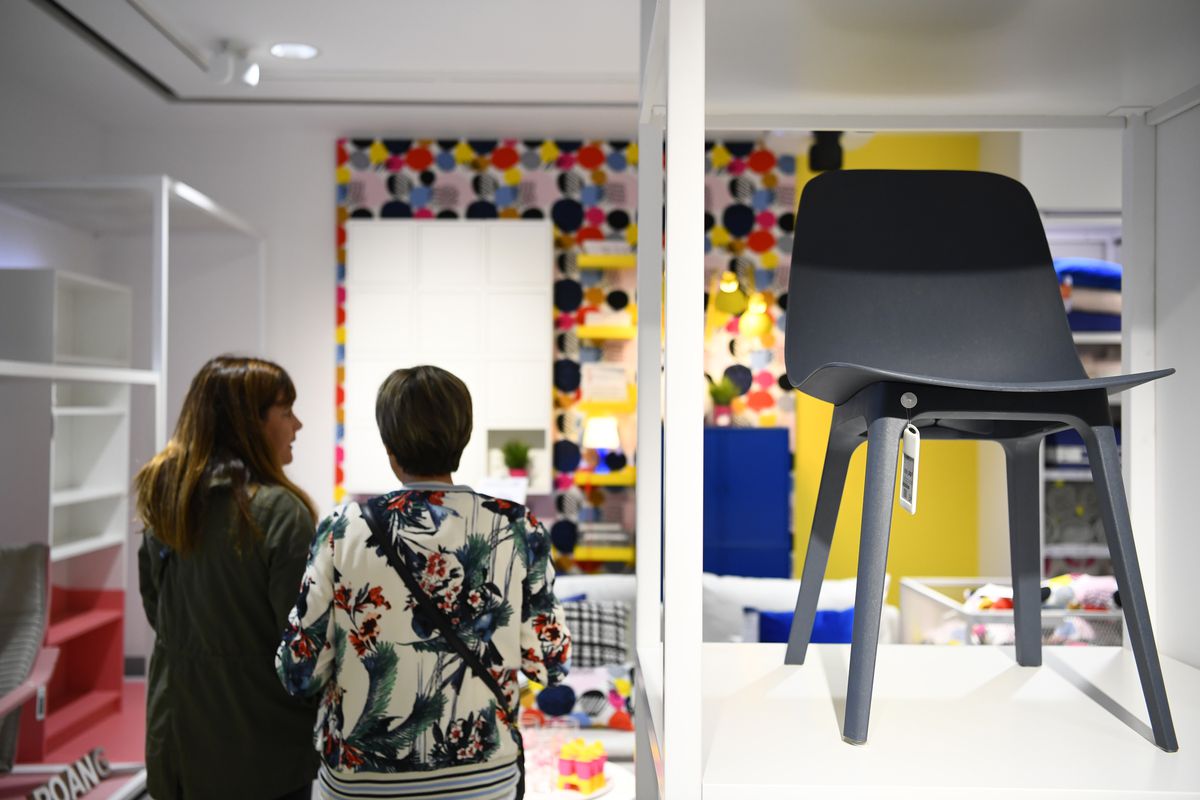For the most part, there is no such a thing as free service. But many companies offer unlimited service for a small repetitive fee. And consumers love it.
In today’s economy, it is no longer a luxury, rather a must. The ever crushed economy needed a breakthrough business model that would enable challenged countries, business and people get access to their needs in terms of goods and services, very much so now like it did long ago across several recessions, crises and economic turbulences.
No, it is no news.
It is neither of those new business terms that keep popping up, nor is it a fancy business school outcome. It is simply business-as-usual for many companies it has been years. Ikea just joined the fleet of companies that provide subscription-based services. Newspapers have always followed this model to offer readers a more cost-efficient model to pay for their daily papers, instead of buying them per day. Same has the public transport system. It is not new.
For some,
it is the only way
to do business.
Today, more and more businesses rely on this model as the only way to do business. It is no longer a bundle or an additional package.

Netflix, Apple and many others shifted to this model recently. Cars as well have adopted the model years ago. Corporate leasing is another example. Ikea is taking furniture rental to a whole new level using a subscription-like model. One could argue that this model has the 2nd biggest volume, right behind the sharing economy model, one used by AirBnB, Uber and the likes. You can think of the subscription model as an earlier version of the sharing economy with only one privilege: it is much easier to sell than the sharing economy. Along the same lines, you can think of cloud computing as the exact same version of subscription-based services but in the IT infrastructure universe.
What does this
mean to consumers?
It simply means unlimited access, unlimited consumption, unlimited offering, unlimited time and unlimited benefit. All of this comes at a better price.

On one hand, the consumers get affordability along with the unlimited service. On another hand, consumers get the best value possible, not only for the investment they are making, rather ultimately the highest possible value. Think about the authors that write for the famous newspapers and magazine, all available for everybody. You do not need to buy an expensive book in order to read for this famous author. All you need is to subscribe to The Wall Street Journal or The New York Times. Similarly, with music where Apple transformed the entertainment once and again by introduction Apple Music, the most recent Apple TV+ and other subscription-based services. You get the notch content available at a fraction of the cost.
You know it is right
when it is simple.
Like the french say, “la simplicité fait la beauté”, which means simple is beautiful. Many business are after the saying, “less is more.” The Japanese pioneered this concept long ago, from Toyota all the way to Miniso, the new Japanese brand that was launched in the world and in Egypt, and which takes pride in its simplicity and agility in providing new non-FMCG products every 7 days. Miniso is not really a subscription-based brand but it holds one of the key aspects of the subscription-based economy. Simplicity, high quality and competitive price.

Whether subscription-based services and businesses are going to last, that is a debatable conclusion. The real conclusion is that those will sustain today’s crushed economy until it starts recovering from the aftermath of the 2008 crisis. In case you were wondering, the aftermath is not over yet at the time this article was written early 2019.

